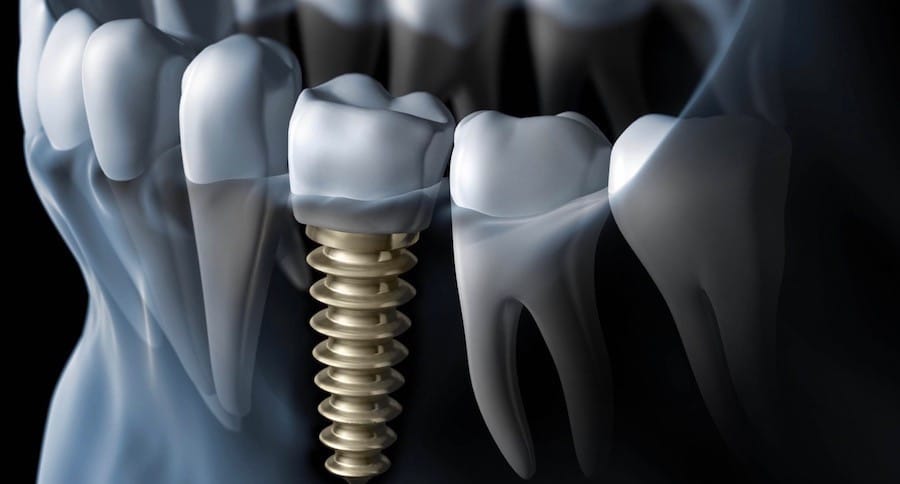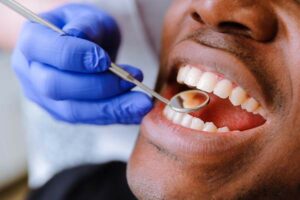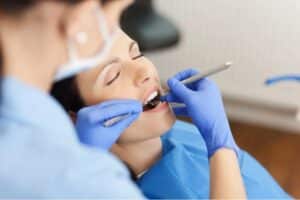The dental implant procedure is a fairly predictable and successful procedure, but implant failure does occur at times. Although inconvenient, as it generally involves more visits to Costa Rica, it is not uncommon. There are many reasons why this could happen, but there is no need to panic since there are options available. Here is what you need to know.
Dental implants fail because the osseointegration process was either retarded or did not happen at all. Remember that a dental implant is a titanium piece surgically drilled into the bone. Similar to a screw, a dental implant has threads designed to allow bone cells to grow over and around them and harden into solid bone. This process is called osseointegration. Implant success is based on how well this process takes place over a reasonable amount of time (generally 4 to 5 months). Implant brands use technology and biocompatible materials to facilitate this process and thereby reduce the risk of implant failure. Nonetheless, there will always exist external factors that will negatively impact the body’s acceptance of the implant.
How to know if my implant has failed?
If the implant moves, rotates or is pushed in and out of place, your implant has failed. It essentially means it did not integrate properly. At times the body recognizes the implant as an alien and the immune system attacks it through an infection. Heat, abscesses, pain and swollenness are also common, though they not always happen.
What causes an implant to fail?
Even in a perfectly healthy person there is a 2% chance of implant rejection. There are, nonetheless, many factors that may increase this possibility. The most common ones are: a history of constant smoking, since nicotine retards the healing process, the consumption of certain medications especially those affecting the immune system, chemotherapy and radiotherapy, osteoporosis, diabetes, persistent gum disease and poor oral hygiene, bruxism and trauma.
Some implant failures are very hard to explain. At times they occur a few weeks or months after placement and at others they fail years after the implant was placed, tested and even restored. Important medical changes can be a factor here.
If you are experiencing what looks like an infection on or near your implant, we suggest getting emergency care at your local dentist. The dentist will probably recommend a round of antibiotics. If it is recurrent then we suggest trying to return to Costa Rica in order to get the implant removed. If the bone is intact then the surgeon will clean the area and replace the implant. No bone graft would be necessary. However, there are cases in which there is considerable bone loss and a bone graft will be needed. We will discuss all your options when a new x-ray is taken. Most implant brands will offer warranty over the replaced implant so please bring the implant with you.
The Costa Rica Dental Team is a dental office in San José, Costa Rica. We strive to be an alternative to rising costs in the United States and Canada for patients who need extensive work that would simply not be an option in their home countries. We offer an excellent 10-year warranty over our work. Please feel free to contact us with any questions!




